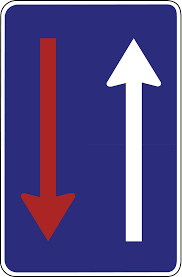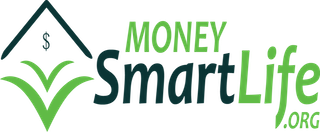Archives
May 2020
Categories
All
|
Back to Blog

Living paycheck to paycheck is hard because there never seems to be enough money, ever. Being “broke” all the time ain’t no fun, that’s for sure. Especially if you make a “decent” income and know you should be doing better. This also encourages the unsustainable use of debt for lifestyle support.
It's not just how much money comes in and how much money goes out. It's also when does money come in, and when does it have to go out? That's called cash flow. If you manage your cash flow properly, you can reduce your stress and survive short term minor financial shocks. The steps to proper cash flow management:
A lot of times you'll have more dates with money going out than you do money coming in. It’s not just the date when money has to go out, also its relative size to the money coming in has an impact as well. For example when a rent payment requires most of a pay period check. My first confrontation with cash flow was during my first job. Newly married at 22, totally inexperienced at handling money. While also suffering from early-onset testosterone poisoning better known as “stupid looking for somewhere to happen” that silently infects so many American males. My beautiful young 20-year-old bride did not have much experience with money either. We were properly raised in Black middle class families where money was a closely held secret revealed only on a need to know basis under the penalty of death if revealed to anyone. I got a job working for 3M Co as a territory sales rep. In 1973, my starting salary out of graduate school was $800 per month, paid once a month at the end of the month. That was all the income we had. Besides the salary, the job came with a company car. And they also reimbursed expenses bi-weekly, such as gas for the company car and meals with clients. Being paid once a month will force you to learn how to manage money. Unfortunately, we made a ton of errors on the way to that knowledge. There was always seemed to be “a lot of month left at the end of the money.” It was a stressful way to live and led to an unmanageable debt load that would accompany us for years. I remember one particularly painful month when my wife made a simple arithmetic mistake in the check register. (These were the days before digital calculators, nevertheless ATMs, computers, or apps.) The account was overdrawn and there was nothing that could be done about it until next payday. Of course, the bank had no problem racking up overdraft fees throughout the month and immediately subtracting them from the next deposit. This made a bad situation worse and prolonged the pain for additional months. I left that job for another job that paid more money more often, from once per month to every two weeks. The biggest change besides the slightly larger income was going from 12 to 26 paydays per year. That change lowered our stress and increased our capacity to save aggressively and spend wisely. You can also use your credit card to control due dates. This is a strategy that is especially effective with multiple cards and delivers rewards as well. Remember cash flow is impacted by how much goes out and also when it goes. Using a credit card to pay an obligation can effectively extend its due date and allow you to retain your funds longer. Using a series of credit cards with rotating closing dates to pay routine obligations such as utilities, insurance premiums, etc can improve your cash flow and buffer unexpected increases. To use this strategy you must pay your credit card statement balance in full each month by the due date. The 3 fundamentals of good cash flow management are simple and evergreen:
0 Comments
Read More
Your comment will be posted after it is approved.
Leave a Reply. |
MONEYSMARTLIFE.ORG EMPOWERING SUSTAINABLE FINANCIAL WELL-BEING IN WORKING CLASS FAMILIES

 RSS Feed
RSS Feed

